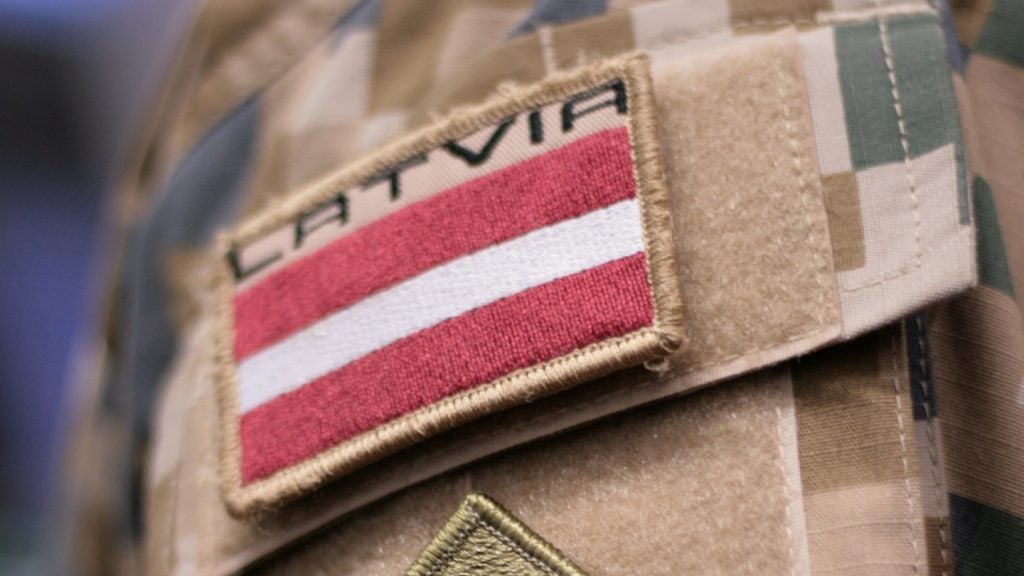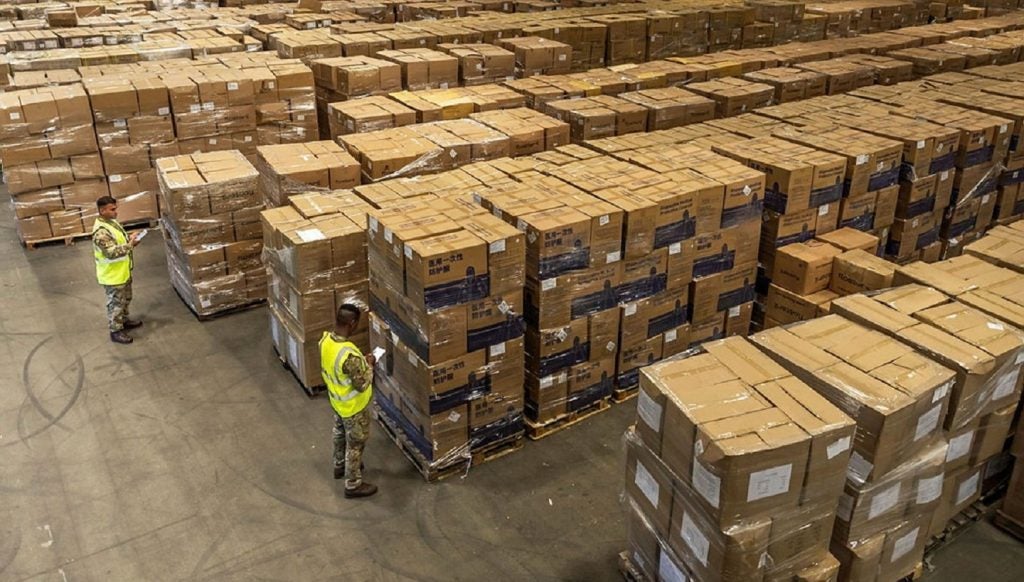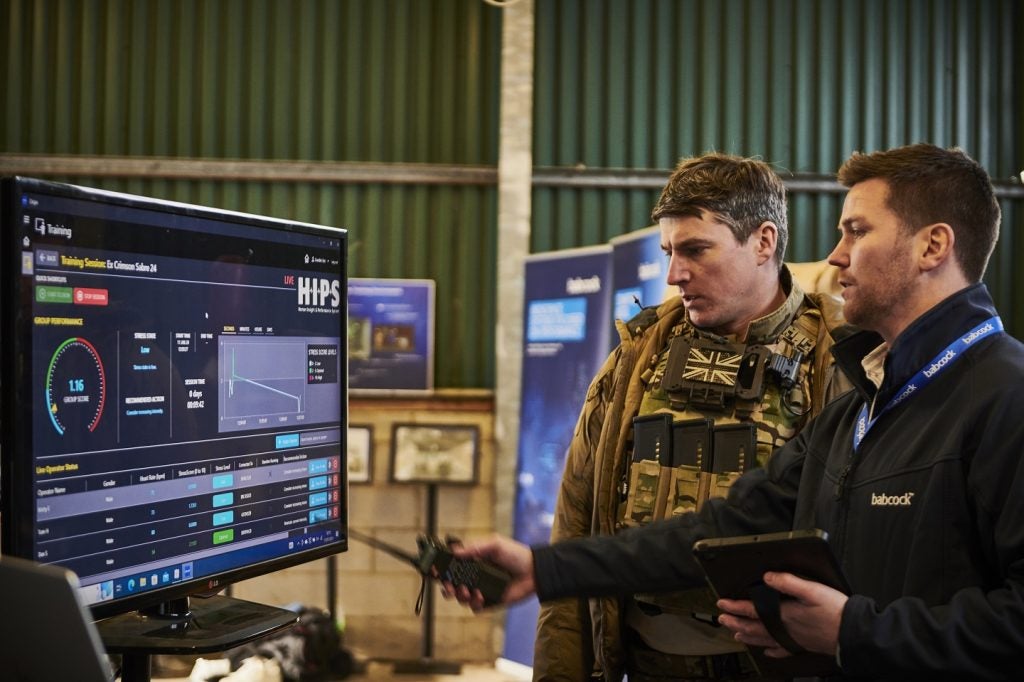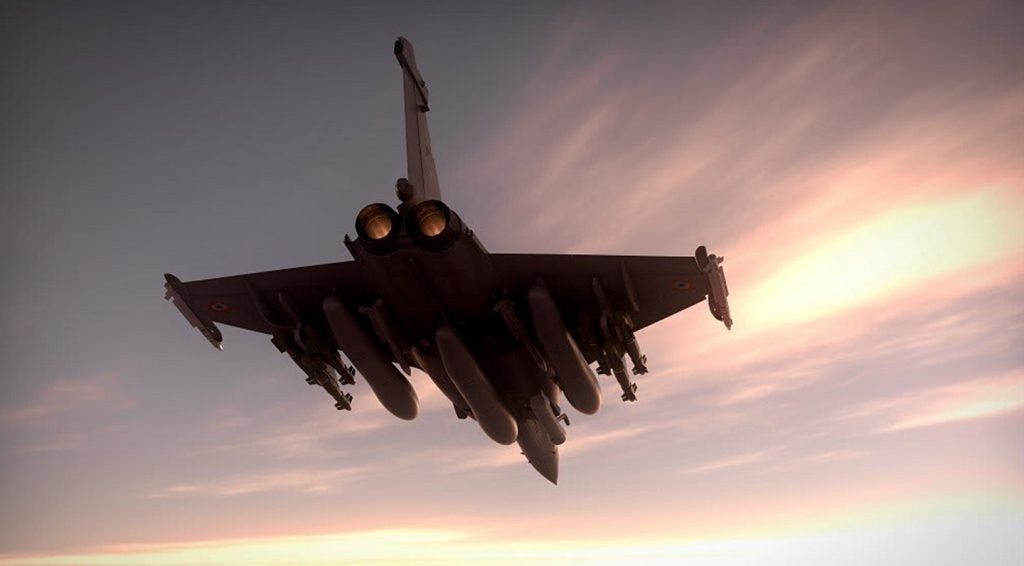
At the start of last month, Raytheon and United Technologies completed their merger and began trading as a single company. Despite this blockbuster M&A, like many industries, defence has seen a slow down in deal activity.
Positive signs for defence
Duff & Phelps M&A Advisory managing director Paul Teuten told Army Technology: “The current situation has caused quite a few actions to pause or be put on hold, or decisions to be deferred. Whether they continue rather depends on if it was the beginning of the transaction or the end of the transaction .”
“Clearly, in these market conditions, buyers tend to be very cautious and so the closer we are to a discussion about value, the harder it is to bridge the gap between buyer and seller.
“The bright spot is the defence industry, which is demonstrating its trading resilience; it’s not that its businesses are not impacted (they are – as companies respect government regulations to protect employee safety), but revenues are typically holding up as the end customers are often government bodies and furthering national security with budgets unchanged. “
Echoing ideas of a downturn in M&A activity, GlobalData aerospace, defence and security analyst Nicolas Jouan, like Teuten, told Army Technology that, despite a number of deals recently closing, a slowdown in M&A activity was occurring across the board as businesses focus their efforts on staying afloat.
How well do you really know your competitors?
Access the most comprehensive Company Profiles on the market, powered by GlobalData. Save hours of research. Gain competitive edge.

Thank you!
Your download email will arrive shortly
Not ready to buy yet? Download a free sample
We are confident about the unique quality of our Company Profiles. However, we want you to make the most beneficial decision for your business, so we offer a free sample that you can download by submitting the below form
By GlobalDataJouan said: “M&A activities have slowed down indeed after the blockbuster mergers between L3 Technologies and Harris Corp last year and Raytheon/United Technologies that started trading as a single company at the beginning of the month.
“South Korea’s shipyards Hyundai Heavy Industries and Daewoo also merged last year. But all of those were decided in a pre-COVID-19 world. Negotiations are still going on for the potential merger of Germany’s main shipyards TKMS, Kiel and Lurssen but again those were launched before the crisis.”
Jouan added: “A more recent example is the termination of Boeing’s partnerships with Embraer commercial aircraft and special mission aircraft businesses, which rather suggests a slowdown of M&A activities and a more risk-averse attitude from investors for the time being.”
Despite signs of slowing, Teuten stressed that defence was a ‘bright spot’ across manufacturing with deals, although slowing, continuing to go ahead as defence remains an aspect of the economy that has largely remained unscathed by Covid-19.
Unlike a number of industries, defence contractors like Northrop Grumman have grown in Q1 of 2020, and defence business within larger contractors like Boeing has stayed stable as their commercial-focused counterparts collapse. In a letter to employees, Boeing president and CEO Dave Calhoun described how Boeing’s defence business would help stave off further damage to the company as a whole as a result of Covid-19.
Across the aerospace, defence and government services industry, financial deals are still occurring. However, Teuten explained that the deals that were taking place were more likely to be defence than civil-focused. This, as Teuten explained, reflected the reliable customer base of defence as, despite private entities going into lockdown or pausing operations, governments continue to operate, and militaries have not halted operations.
Possible threats to come
Despite looking to be a haven for current or future deals, however, defence does have some threats lying on the horizon. One such threat is the potential of budget cuts to help pay for governmental response efforts to curb the spread of Covid-19 and the economic hit they have taken as a result.
Across a number of countries, defence spending is aimed at a percentage of GDP or is kept at a relatively high rate in order to maintain forces. After the 2007-08 financial crisis a number of countries slashed their defence budgets in order to save money, this could happen again as countries look to balance budgets with weakened economies and recover money spent on supporting people and businesses through the pandemic.
Teuten commented: “A number of people are concerned for considerable reasons about defence being the right place to be right now as it still relies on a commitment to defence budgets by governments.
“The massive amounts of money being allocated to address Covid-19 have to be paid for somehow and defence budgets, being big budgets, will not be immune to that. While defence may be protected for a while, at some point, those defence budgets are going to come under renewed pressure to reduce, along with all budgets, to pay for the broader Covid-19 bailout.”
However, on the flip-side, it is also possible that given the critical role armed forces have played in responding to the pandemics, defence budgets could increase as countries seek to bolster their national resilience capabilities and strengthen local supply chains.








